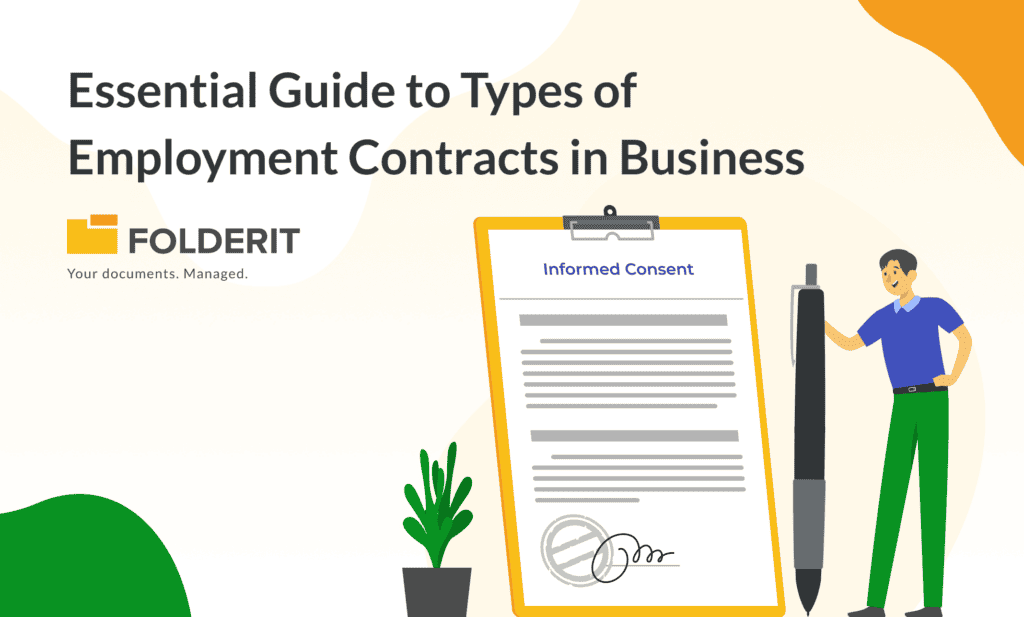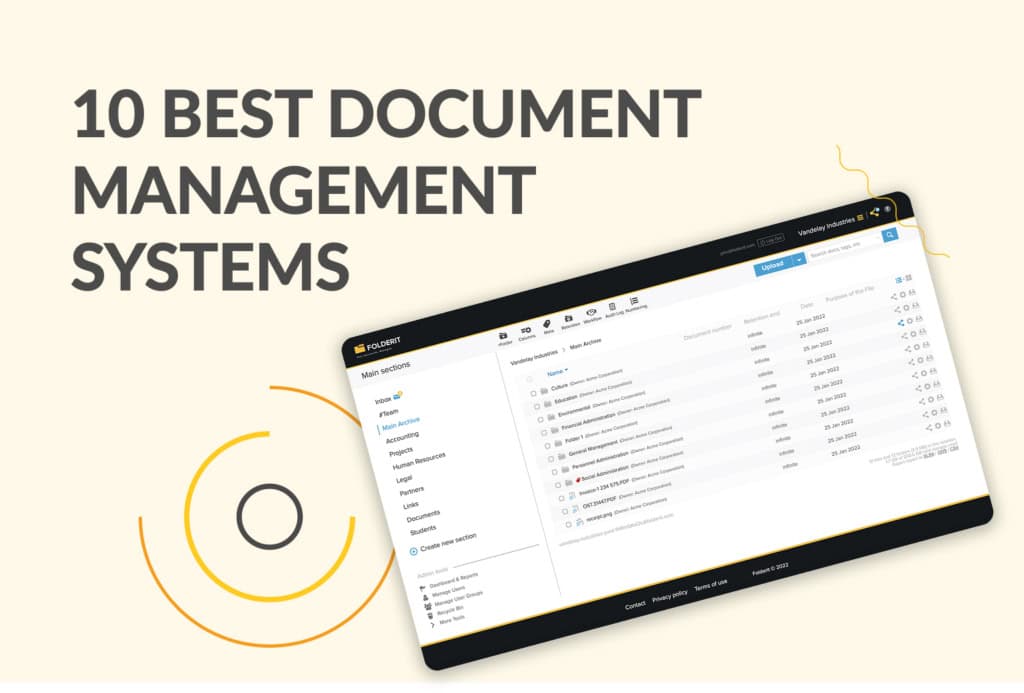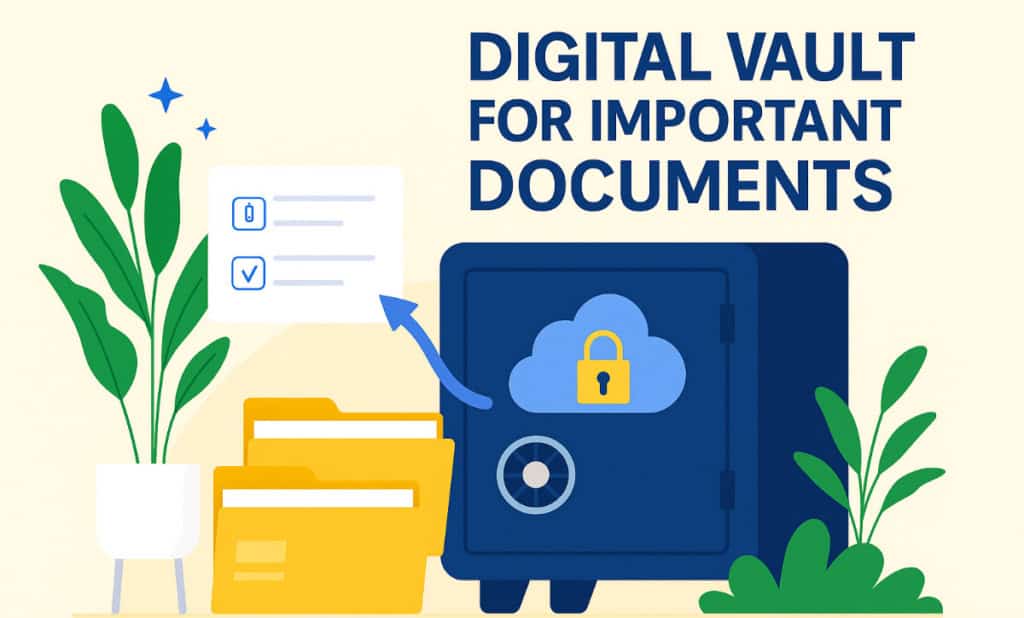Employment contracts are fundamental documents that outline the terms of the relationship between employers and employees. These contracts not only define the terms of employment between an employer and an employee but also set the stage for the working relationship, rights, responsibilities, and protections. Whether you are an employer looking to hire or an employee seeking a job, knowledge of these contracts can significantly influence workplace dynamics and personal career trajectories.
Types of Employment Contracts
1. Permanent Contracts
- Overview: Permanent contracts are ongoing agreements without a specified end date.
- Key Features: Include full benefits like health insurance and pensions, offering job security and stability.
- Pros and Cons: Provide long-term employment assurance, fostering loyalty and reducing turnover. However, they require significant commitment from the employer and are less flexible than other contract types.
2. Fixed-Term Contracts
- Overview: These contracts are set for a specific duration, often tied to the completion of a particular project or a temporary need.
- Key Features: Clearly defined end date, sometimes renewed based on company needs.
- Pros and Cons: Offer flexibility for employers to manage workforce based on demand but can lead to a lack of job security for employees.
3. Part-Time Contracts
- Overview: Contracts for employees who work fewer hours than the full-time threshold.
- Key Features: Typically include prorated salaries and benefits based on hours worked.
- Pros and Cons: Provide flexibility and work-life balance for employees; however, they might offer fewer benefits and career advancement opportunities compared to full-time roles.
4. Zero-Hour Contracts
- Overview: These contracts do not guarantee any specific number of working hours.
- Key Features: Employees work only when they are needed, with no fixed schedule.
- Pros and Cons: Extremely flexible for employers but offer little to no job security for employees, often with minimal benefits.
5. Freelance Contracts
- Overview: Agreements with self-employed individuals or independent contractors who are not considered company employees.
- Key Features: Payment is usually made per task or project; freelancers handle their own taxes and benefits.
- Pros and Cons: Provide access to specialized skills without long-term commitment; however, they lack the control and continuity provided by employing someone.
6. Casual Contracts
- Overview: Casual contracts are similar to zero-hour contracts but are used on an irregular basis.
- Key Features: Work is offered as and when needed, without regular obligations.
- Pros and Cons: They allow businesses to manage unpredictable work volumes, but employment is too inconsistent to ensure employee loyalty or engagement.
7. Internship Contracts
- Overview: Typically used for temporary positions to provide students or recent graduates with practical experience.
- Key Features: Can be either paid or unpaid depending on the industry norms and legal requirements.
- Pros and Cons: Beneficial for gaining work experience and skill development, but unpaid internships can limit accessibility for those who cannot afford to work without compensation.
8. Apprenticeship Contracts
- Overview: Combines practical work experience with educational training, usually in skilled trades or professions.
- Key Features: Apprentices are paid a reduced rate during their training period.
- Pros and Cons: Provide valuable hands-on training and a pathway to certification in a profession, though they require long-term commitment from both the employer and the apprentice.
9. Remote Work Contracts
- Overview: These contracts specify terms for employees who work from locations outside of the traditional office setting, often from home.
- Key Features: Details about how work will be communicated and measured, including data security and equipment provisions.
- Pros and Cons: Offer flexibility and the possibility of a broader talent pool, but can pose challenges in team cohesion and communication.
Best Practices for Selecting and Drafting Employment Contracts
To effectively manage the diverse needs of both the business and its workforce, here are some best practices for selecting and drafting employment contracts:
- Align Contract Type with Business Needs: Choose the type of contract that best suits the job role and business requirements. Consider factors like the duration of the need, the importance of job stability, and the level of skill required.
- Ensure Clarity and Precision: Clearly articulate all terms and conditions to avoid ambiguity and potential disputes. This includes detailed job descriptions, compensation packages, work hours, and termination conditions.
- Regularly Update Contracts: Employment laws and business needs evolve; regularly review and update contracts to ensure they remain compliant and relevant.
- Consult Legal Experts: Especially for complex contract arrangements, consulting with legal experts can prevent compliance issues and safeguard the business against potential legal challenges.
- Use Tailored Contracts: Avoid one-size-fits-all approaches. Tailor contracts to the specific circumstances of the employment offer, considering the unique aspects of each role and regulatory requirements.
Utilizing Folderit DMS for Effective Contract Management
In managing the complexities of various employment contracts, Folderit DMS offers a robust solution to streamline and secure contract management processes. With Folderit, businesses can:
- Centralize Document Storage: Keep all employment contracts in one secure, easily accessible location. This reduces the risk of misplacement and unauthorized access.
- Enhance Version Control: Track changes and updates to contracts, ensuring that only the most current versions are in use, which is critical for compliance and audits.
- Automate Notifications: Set reminders for contract renewals or reviews, ensuring that no key dates are missed and that contracts are regularly evaluated and updated in line with legal requirements.
- Improve Accessibility and Collaboration: Provide secure access to contracts for authorized personnel only, regardless of their location, facilitating better collaboration and decision-making.
These features not only improve the efficiency of contract management but also enhance compliance, providing peace of mind for businesses navigating the complexities of employment laws and regulations.
Further Considerations in Contract Management
To effectively manage diverse employment contracts within a business, it is essential to adopt a strategic approach tailored to the company’s specific needs. This might involve:
- Customization: Tailoring contracts to fit the specific requirements of different roles within the organization.
- Automation: Using technology to manage and track contract terms, renewals, and compliance.
- Training: Ensuring that HR professionals and managers are well-versed in the nuances of various contracts and current legal standards.
Conclusion
Employment contracts are pivotal in defining the relationships and expectations between employers and employees. By understanding the different types of contracts and their strategic uses, businesses can optimize their workforce management and ensure compliance with legal standards. Leveraging advanced management tools like Folderit DMS can further enhance this process, allowing for more efficient and secure contract management. In doing so, companies not only safeguard their operations but also foster a transparent and equitable work environment.





